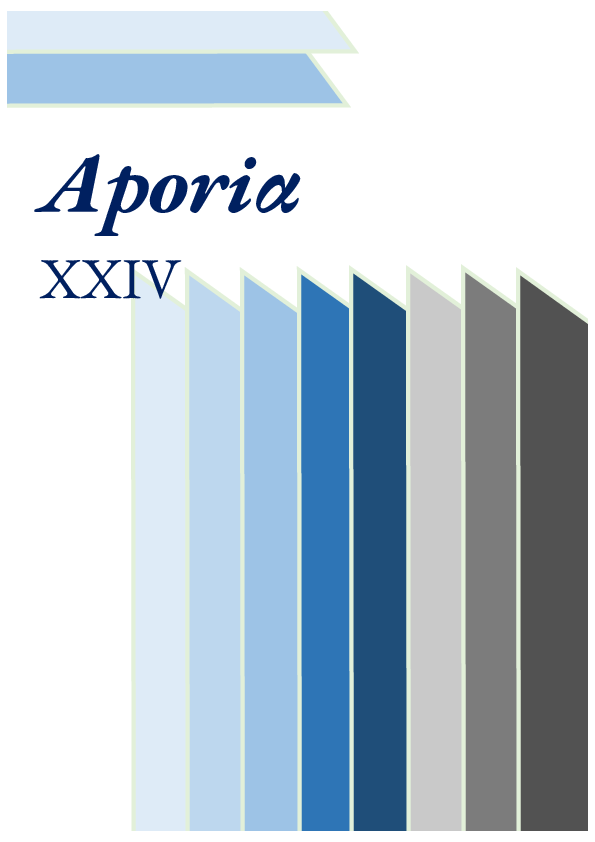When Self-Trust and Peer-Trust Collide
Main Article Content
Abstract
According to the Asymmetry View, one rationally ought to have more epistemic self-trust than trust in one’s disagreeing epistemic peer unless one has case-specific reasons not to (e.g. one is drunk during the given disagreement). In this essay, I argue that the Asymmetry View is wrong as a general principle of how to balance epistemic self-trust and trust in one’s peer. To this end, I challenge Enoch’s argument from the ineliminability of the first-person perspective, which I deem the most compelling defence of this principle. I concede that Enoch could defend a more modest version of the Asymmetry View by altering his argument to account for my criticisms. Nonetheless, I stress that this modified principle is applicable only in rare and indeed unrealistic cases.
Article Details

This work is licensed under a Creative Commons Attribution 4.0 International License.
Author's retain copyright, but give their consent to Aporia to publish their work.

